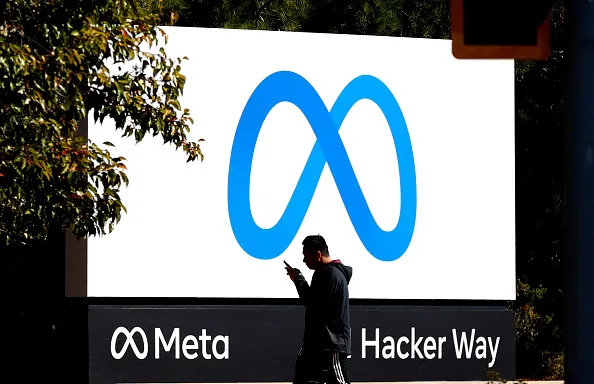TL;DR Summary of Meta Advances AI Integration by Replacing Staff with Automated Technologies
Optimixed’s Overview: How Meta is Reshaping Its Workforce Through Cutting-Edge AI Automation
Meta’s Strategic Shift Towards AI-Powered Automation
Meta CEO Mark Zuckerberg’s earlier statements about replacing mid-level engineers with AI are materializing, as Meta informs its risk division employees of significant role reductions due to automation. This transition reflects Meta’s broader goal to integrate AI deeply within its operational framework, optimizing efficiency and reducing manual processes.
Key Developments in AI Integration
- Risk Division Automation: Manual reviews are increasingly replaced by AI tools, leading to fewer required roles in certain areas.
- Superintelligence Labs Downsizing: Meta cut about 600 roles in this advanced AI research project, aiming to streamline decision-making while continuing to develop next-generation AI technologies.
- Ongoing AI Investment: Meta continues to invest heavily in AI infrastructure, including new data centers and a joint venture with Blue Owl Capital to sustain innovation funding.
Implications of Meta’s AI-Driven Workforce Transformation
While these changes boost operational efficiency and reduce bottlenecks, they also raise important questions:
- Reduced Human Oversight: Fewer human reviewers may lead to less scrutiny of AI developments, potentially increasing risks from unchecked AI deployment.
- Industry-Wide Impact: Meta’s success in automating roles with AI could inspire other corporations to adopt similar strategies, accelerating AI-driven workforce changes globally.
- Regulatory Challenges: Rapid AI integration might outpace regulatory frameworks, leading to potential ethical and safety concerns that are addressed only after widespread adoption.
Looking Ahead
Meta is likely to continue replacing more human roles with AI, moving toward fully automated product development. As one of the world’s most influential technology companies, the evolution of Meta’s AI capabilities will significantly affect not only its own operations but also the broader tech ecosystem and daily information consumption worldwide.
